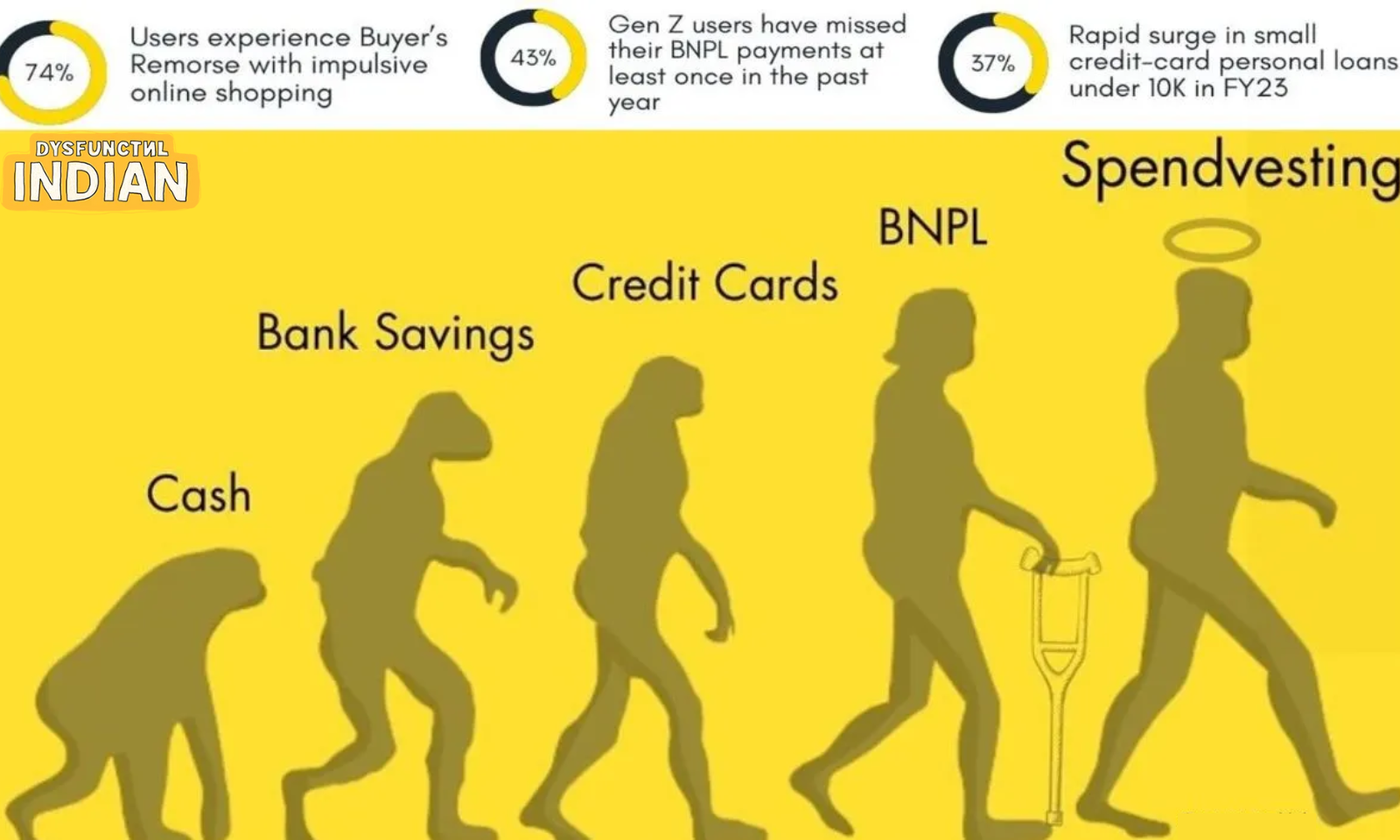The Reality Behind the Illusion of a World Without Meat
Posted by admin on 2024-11-11 |

Paul McCartney once famously
remarked, “If slaughterhouses had glass walls, everyone would be a vegetarian.”
Such sentiments underscore a growing awareness of the ethical, environmental,
and health implications of eating meat. The advocacy for vegetarianism has
gained significant momentum in recent years, urging a shift away from meat
consumption. Yet, while the push for vegetarianism is louder than ever, the
idea of an entirely vegetarian world raises numerous practical questions. If we
were to adopt this lifestyle globally, what would the impacts and challenges
look like?
Reality of Adjusting Agriculture
A move toward vegetarianism promises
to reduce the environmental strain caused by meat production. Studies have
shown that livestock farming contributes to greenhouse gas emissions, land
degradation, and water pollution. According to the United Nations Food and
Agriculture Organization (FAO), livestock production is responsible for nearly
15% of global greenhouse gas emissions. Moving to a vegetarian diet could
significantly reduce these emissions, curbing the impact of climate change and
protecting biodiversity.
However, achieving a worldwide
vegetarian diet would require substantial adjustments to global agricultural
systems. Shifting from animal farming to plant-based agriculture would
necessitate a complete overhaul of infrastructure, including farming practices,
distribution networks, and trade policies. Economies heavily reliant on
livestock, such as Brazil, the United States, and Argentina, would face
economic disruption, affecting jobs and communities dependent on meat
production.
Health Benefits with Complex
Cultural Adjustments
Health experts often cite the health
benefits of a plant-based diet. Research from Harvard Medical School and the
American Heart Association has shown that a vegetarian diet, rich in fruits,
vegetables, whole grains, and legumes, can reduce the risk of heart disease,
obesity, and certain cancers. The World Health Organization (WHO) has linked
excessive red meat consumption with an increased risk of colon cancer,
providing a strong case for reducing meat in diets.
However, dietary changes are not
universally simple or beneficial. For populations with diets traditionally rich
in animal protein, such as indigenous Arctic communities or certain African
tribes, adapting to vegetarianism could be nutritionally challenging and culturally
disruptive. Diets are not only shaped by health concerns but by long-standing
cultural practices, traditions, and access to diverse food sources.
Successfully implementing a global vegetarian diet would require significant
efforts to provide culturally relevant and nutritionally adequate vegetarian
alternatives to communities around the world.
Resource Allocation
In theory, a global vegetarian diet
could reduce resource consumption. Growing plants generally requires less water
and land than raising livestock, allowing for better allocation of resources to
feed a larger population. According to the Water Footprint Network, producing
one kilogram of beef uses up to 15,000 liters of water, compared to just 1,800
liters for a kilogram of soybeans. In a vegetarian world, more land could
potentially be freed up for reforestation or renewable energy projects,
contributing to a healthier planet.
However, meeting the nutritional
needs of billions of people on a vegetarian diet is no simple task.
High-protein crops like legumes, nuts, and soybeans would become essential,
creating pressure on farmers to increase production and manage pests, water,
and soil quality. This demand could lead to monocropping, where single crops
are grown repeatedly on the same land, depleting soil nutrients and risking
biodiversity loss. Balancing crop variety and maintaining soil health would
become paramount to sustain such an agricultural shift.
The Price of Transition
The transition from a meat-based
diet to a vegetarian one would also impact the global economy. The meat
industry, currently valued at over $1.5 trillion worldwide, provides employment
to millions of people across farming, processing, and retail sectors. According
to a report by McKinsey & Company, meat consumption is projected to grow as
populations rise in developing countries, where animal protein is becoming more
affordable and sought after. A drastic reduction in meat demand could lead to
unemployment and economic instability, particularly in low- and middle-income
countries.
A Global Debate
The ethical arguments for a
vegetarian diet are compelling, particularly regarding animal welfare.
Organizations like People for the Ethical Treatment of Animals (PETA) have long
campaigned against animal farming practices, calling attention to cruelty and
exploitation. Eliminating meat consumption could significantly reduce the
suffering of billions of animals each year, aligning with the ethical beliefs
of those advocating for animal rights.
Yet, enforcing vegetarianism globally
raises questions of individual freedom and choice. For some, eating meat is a
personal or cultural preference, and mandating a diet could be seen as an
infringement on individual rights. Countries would need to respect people’s
choices while advocating for reduced meat consumption through awareness and
gradual policy changes rather than enforcement.









